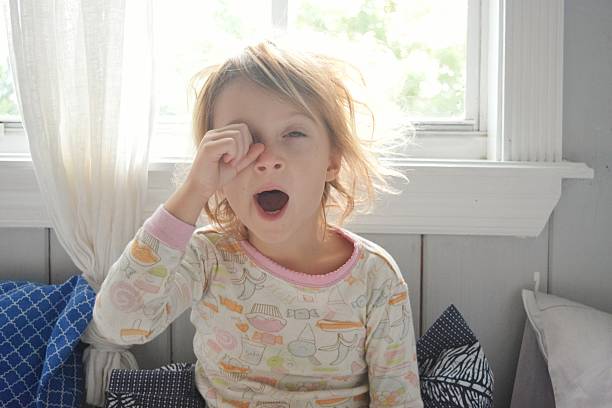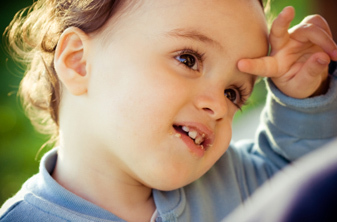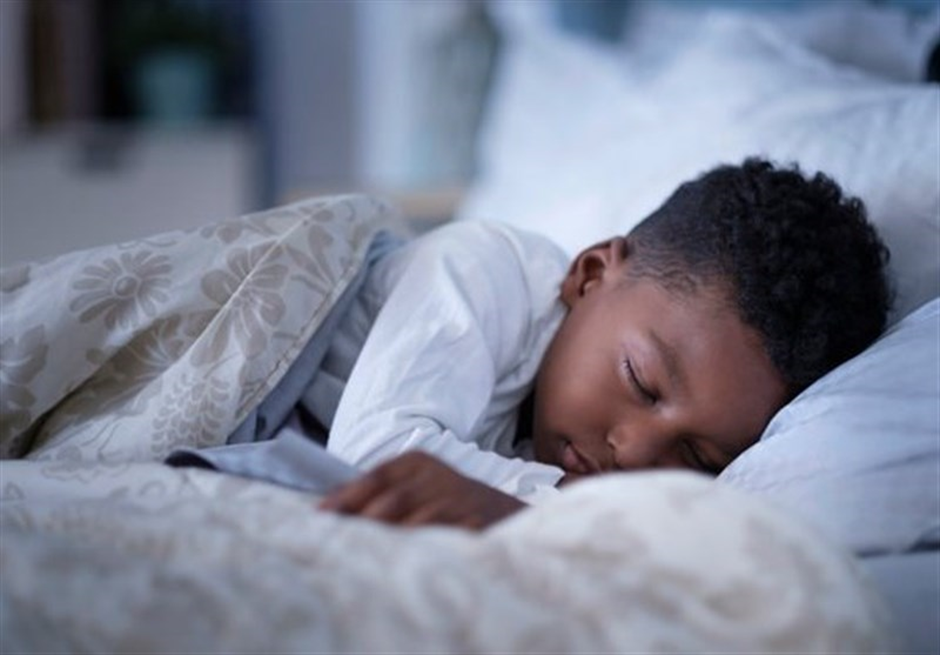Is Your Child Getting Enough Sleep?

Does your child struggle to fall asleep and your whole evening is taken up with bedtime? Do they wake frequently during the night, or wake up far too early? You’re not alone.
Sleep issues in school-aged children (ages 5–12) are more common than many parents realise—and they can significantly impact a child’s mood, learning, and overall health.
The good news? With the right support, you can help your child develop healthy sleep habits and get the rest they need to thrive.
In this post, we’ll explore why school-aged children often struggle with sleep and how a professional sleep consultation can offer practical solutions.
Common Sleep Issues in School-Aged Children
Many children face sleep challenges that affect their ability to function during the day. Here are some of the most common problems:
-
Difficulty Falling Asleep
Bedtime battles can be triggered by anxiety, school-related worries, or simply an inability to wind down after a busy day. (Learn more about anxiety and sleep issues)
-
Night Waking
Waking frequently during the night can be caused by nightmares, bedwetting, or environmental factors such as noise or changes in temperature.
-
Early Waking
Does your child wake up at 5 a.m. ready to start the day? Early waking often leads to insufficient sleep, which affects their mood and energy levels.
-
Daytime Fatigue and Lack of Focus
Children who don’t get enough sleep often struggle to concentrate in school, leading to lower academic performance and emotional outbursts.
How Poor Sleep Affects Your Child
Sleep deprivation can have serious consequences for school-aged children, including:
- Academic Challenges: Poor sleep reduces memory retention, focus, and problem-solving abilities, making it harder to keep up in school.
- Behavioural Issues: Sleep-deprived children are more likely to experience irritability, hyperactivity, or emotional meltdowns.
- Physical Health: Insufficient sleep can weaken the immune system and increase the risk of obesity and other health problems.
Learn more about the connection between sleep and school performance on our [Sleep and Learning] page.
How a Sleep Consultation Can Help Your Family
At Millpond Children’s Sleep Clinic, we fully understand how frustrating sleep problems can be—for both you and your child. That’s why we offer personalised sleep consultations designed to meet the unique needs of each family.
Here’s how we can help:
-
Tailored Sleep Plans:
We assess your child’s sleep challenges and create a bespoke plan to improve their sleep routine.
-
Expert Guidance:
With over 30 years of experience in children’s sleep consulting, we offer practical, evidence-based solutions that work. Learn more about us.
-
Ongoing Support:
We provide unlimited follow-up email support and consultations to ensure your child’s progress continues and that any setbacks are addressed quickly.
Why Parents in the UK Trust Millpond
We’ve helped thousands of families across the UK overcome sleep difficulties. Here’s what one parent had to say:
“We were at our wit’s end with our 7-year-old daughter’s constant getting up at bedtime and taking hours to fall asleep. It was extremely stressful for us and her and we all dreaded bedtime. Millpond’s personalised approach changed everything. Our daughter now goes to bed happily, falls asleep easily by herself, and we finally have our evenings back!” – Katie-Suffolk
Ready to Help Your Child Sleep Better?
If your child is struggling with sleep, don’t wait for the problem to resolve itself. A professional sleep consultation can make all the difference.
Book your consultation with Millpond Children’s Sleep Clinic today and take the first step towards better sleep and brighter days.
For more on children’s sleep problems and recommendations, visit the NHS’s guide to sleep for children




